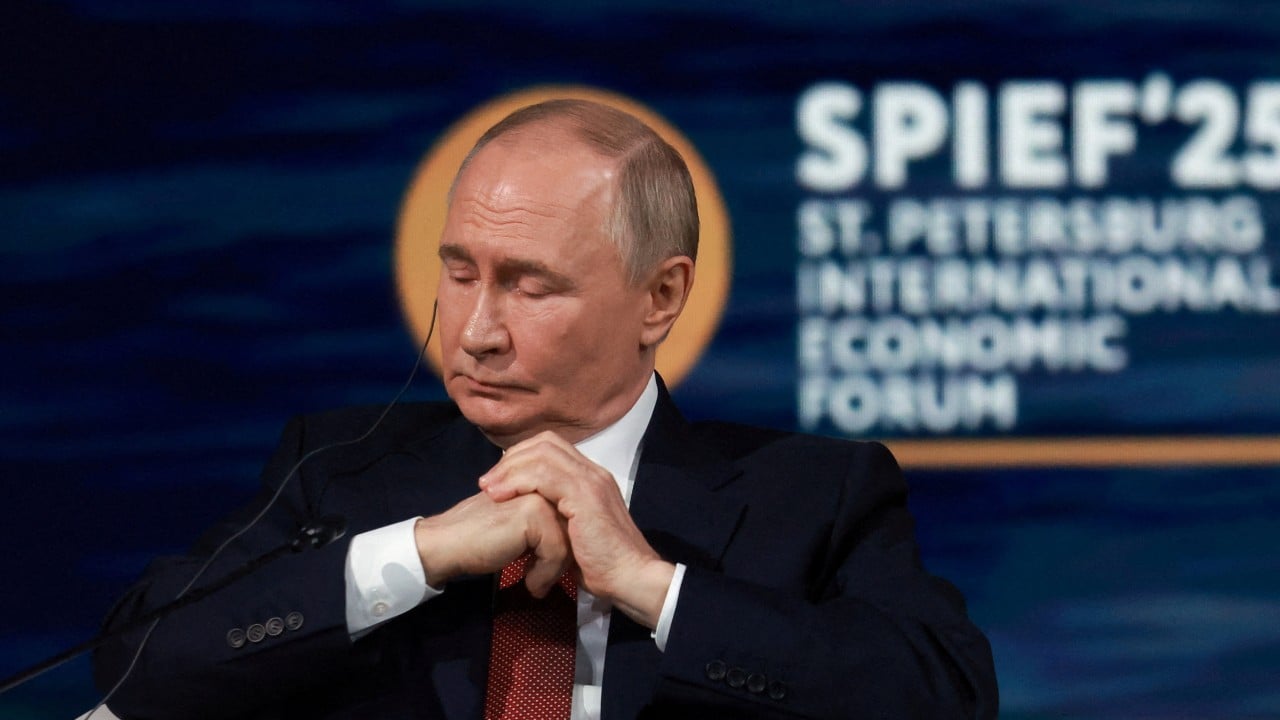The recent war between Iran and Israel has laid bare a truth long obscured by Kremlin bluster: Russia is no longer a superpower. Moscow’s muted response to Tehran’s plight is not an anomaly but the latest – and perhaps most telling – chapter in a pattern of strategic neglect that stretches from the Middle East to the Levant and South Caucasus.
Advertisement
Driven by President Vladimir Putin’s neo-imperialist fantasies, Russia plunged into Ukraine to find itself in a quagmire that has bled its military, hollowed its treasury and crippled its credibility as a reliable partner.
For years, Russia and Iran forged an unholy alliance, a marriage of convenience cemented by a shared animus towards the West and an appetite for defying the American-led order. The bond deepened with Iran’s supplying of Shahed-136 drones and ballistic missiles – tools of terror that rained destruction on Ukrainian cities, enabling Putin’s savage campaign to grind on.
In January, both sides solemnised their pact with a 20-year strategic partnership agreement, trumpeting a united front against Western hegemony. Trade between the two countries, both heavily sanctioned by the West, grew by 16 per cent to US$4.8 billion last year. Energy agreements have bound their fates even more tightly.
When Iran was exposed as a paper tiger by Israel, Moscow was expected to leap to its defence. Instead, Putin presented himself as a neutral mediator, offering to help broker a peace deal.
Advertisement
No missiles were dispatched. No air-defence systems delivered. No red lines drawn. Moscow offered only platitudes. Even after the United States bombed Iran’s nuclear facilities, the best the Russians could come up with was a verbal condemnation.

